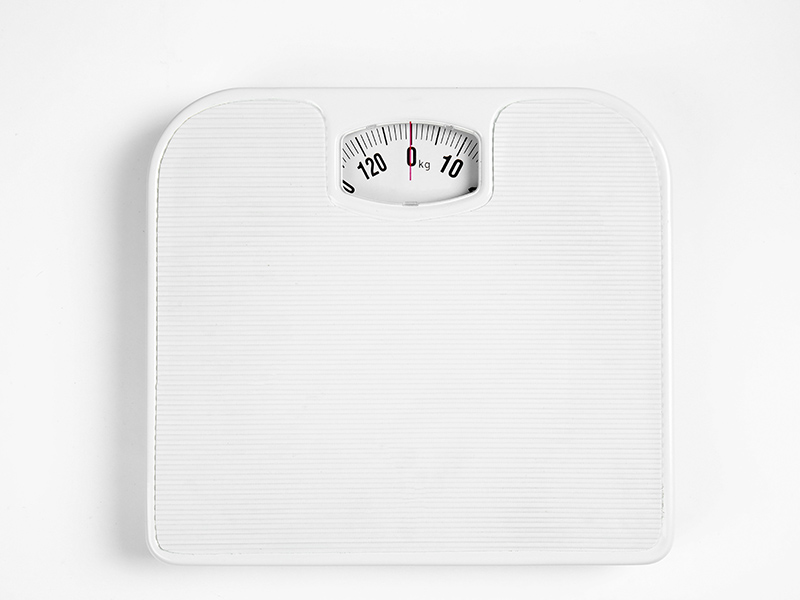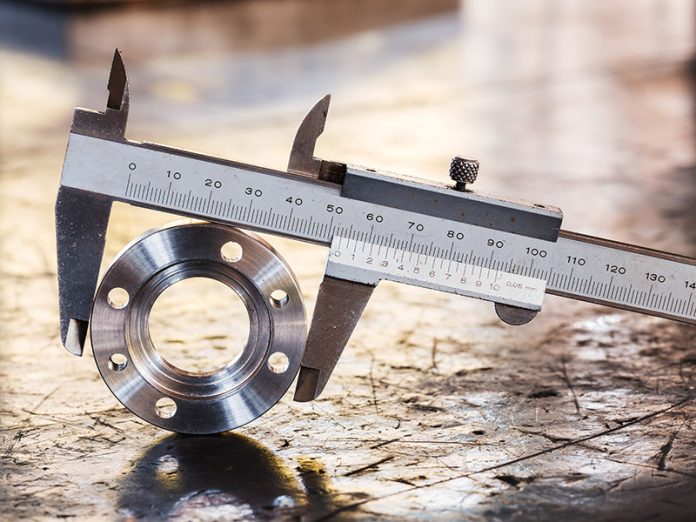Many industrial and business applications require precision measurements on some goods before being shipped out for sale. Accuracy is crucial in weighing, counting, and calibrating equipment and products to ensure that the correct amount is being packed and sold. Digital measurement equipment helps speed up the production process by using software that automates weighing, which minimizes business losses.
To achieve the correct measurement, you’ll always need to get the right equipment for your business. Moreover, investing in precision measurement equipment is important in complying with regulations, especially in the food and pharmaceutical industries. However, purchasing the right equipment can be challenging, especially when so many of them serve almost similar purposes.
Factors To Consider When Purchasing
There are several considerations that you’ll be required to look at when purchasing precision measurement equipment. For example, in weighing scales, what works for product A may not be suitable for product B; therefore, you can’t go for just any equipment.
Here are some of the essential tips for purchasing the right machinery:
1. Consider The Units Required
Different equipment will display different measuring units. These ranges from grams to pounds or inches to meters. Therefore, you should consider what units you want the products to be measured in.
Modern digital weighing scales may have a feature where you can change the preferred units, hence lessening the burden of purchasing different equipment when you need to change the units. However, for manual equipment, it’s still crucial that you consider the units used because they don’t provide a broader range of user-selectable units.

2. Consider Elemental Protection
The measuring equipment will be exposed to different elements, such as dust and water, that may affect the overall performance. Therefore, when purchasing equipment, you need to look for one with elemental protection that will maintain its qualities even when exposed to these elements for a long time.
Some tools are wash-down rates, and this will allow you to thoroughly clean the equipment to remove dirt and other particles. Therefore, you should consider this factor when buying equipment. Good elemental protection will serve you for a long time without the need to change or purchase a new one.
3. The Minimum Readability
Minimum readability is the least unit of measurement that precision measurement equipment will display. A weighing scale with minimum readability of one gram will display units in whole grams. There are other weighing scales that will have smaller readability, like 0.1 grams or 0.001 grams.
In industries such as pharmaceuticals, accuracy is crucial, and hence, increased readability is needed. However, in industries where products are heavier or when finer accuracy isn’t required, there’s no need for increased readability as it can increase costs.
4. Look At the Required Capacity
When purchasing measuring equipment, you should consider the maximum capacity it can measure. The capacity should be able to accommodate the products you want to weigh comfortably. Moreover, it should also accommodate the containers, such as cartons or scoops, that the measured products are placed on.
It’s advisable that your heaviest sample should weigh to the middle range of the measuring equipment to give room for additional weights such as containers. It also helps to protect the weighing scale against any cases of overload damage.
5. Calibration Features
Equipment needs to have regular calibration to correct any change and ensure measuring accuracy. There are two ways of calibration: the calibration feature installed in the equipment or through separate calibration equipment. The latter could be expensive and inconvenient as you’ll be required to get two separate pieces of equipment.
Therefore, when purchasing precision measurement equipment, you should look for one with internal calibration features. With this, you can adjust the accuracy back to normal at any time by measuring it against a prescribed weight. This will be significant inaccurate measurements and quality control.
6. Data Collection Features
Good precision measurement equipment should have additional features, such as data collection features. It should have software that collects data and relays it to a computer or another analysis tool. With data collection features, you can do analysis, generate production reports, and display calculations in the form of graphs to track changes and detailed analysis.
Conclusion
Precision measurement is significant in businesses today as it helps maintain accuracy, ensuring that the right amount of products is sold and the proper return on investment is achieved. With the digitization of measuring equipment, the processes have been streamlined and made easy, meaning more tasks can be completed at a time,
When purchasing this equipment, you should always make considerations that fit your needs. Look at the carrying capacity, units of measurement, calibration features, and many other factors that will allow you to be more accurate and save money while at it.


































